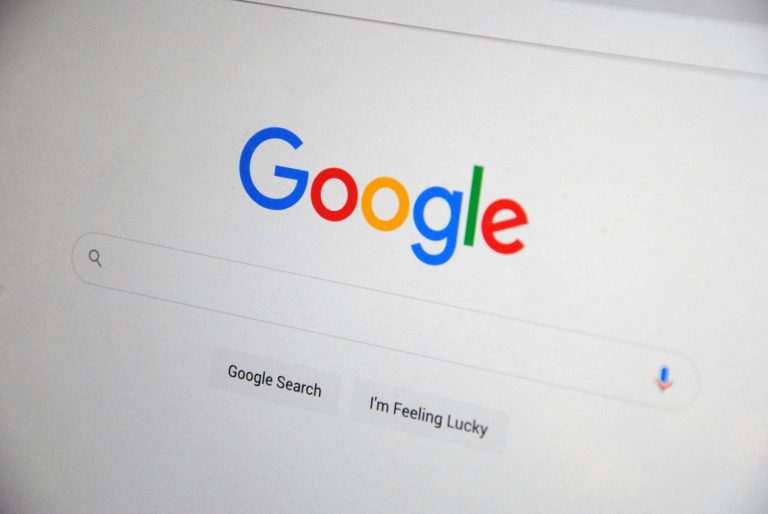There has been an outcry over the past week as the over-hyped Facebook IPO exploded onto the stock market and then proceeded to nose dive. It has been called the worst IPO of the decade (or ever depending on which papers you read) and there is already a class action against the banks who organised the float based on them supposedly having information about a drop in future sales.

In reality, it doesn’t matter. Mark Zuckerberg has his money, as do all the other original shareholders, and if they have any sense they’ll be cashing in a large chunk of them and taking the money. And you, the new shareholders have effectively transferred your wealth to them and if you don’t like it there’s nothing you can do about it.
We queried the logic of this float and the price in March in our article Facebook: Over Hyped, Over Valued, Over Subscribed (the clue was in the title folks) and wondered then about the advertising model that this entire edifice is built upon.
The IPO was useful in that it forced a number of things into the open and chief amongst these is the admission that the firm is almost entirely dependent on their advertising revenues, and they have no way of extending that to the mobile platform. This clearly is a business model built on sand.
Mobile browsing of the internet is set to overtake desktop sometime in 2013 according to the latest estimates and although the transactional revenues from mobile still have some way to go to match desktop it’s inevitable that over time this is where the money is going. And Facebook have no way of monetising it. Yet. And by the time they do will it actually matter?
There’s another point here which wasn’t disclosed to advertisers at the IPO and that’s what actually happens to firms that advertise on Facebook. At a recent presentation, a top SEO firm confirmed something we have know for quite some time, namely that one of their well-known household names has found advertising on Facebook to be a waste of time. It wasn’t that they were unable to target properly, in fact, Facebook has one of the best targeting systems of any website (much better than Google), nor was it the creative (which they had used across other platforms), nor indeed was it the click-through rate (it seemed that people DID actually click on their adverts). The killer for them was that the bounce rate from Facebook was 500% higher than their worst performing media and whilst clicks were fine, transactional revenue was awful.
And there’s the rub. Advertising always has been about getting a return on your investment and if you don’t then you simply drop that medium. General Motors announced pre IPO that they were dropping Facebook for advertising but retaining the platform for promoting and communicating with its customer base and this should have been a huge warning signal for anyone looking to invest in this business.
It was set up as a ‘social’ channel and people go there to socialise and share things, not to buy things. Yes use it to communicate with your prospective and existing customers, yes use it to help people make informed choices about the products and services you supply but remember that this is a channel of influence, not one of transaction. People go to Facebook to hang out, not to buy and the upshot is we doubt it will ever be the business people think it can be. As we pointed out in our first article, the only reason it floated was because the SECC insisted it had to and that is not a reason to invest in a business.





